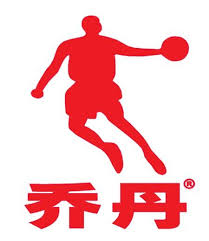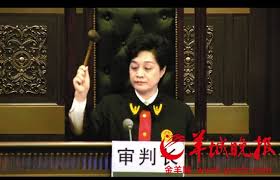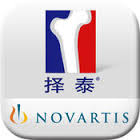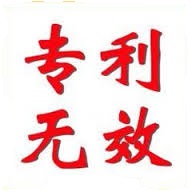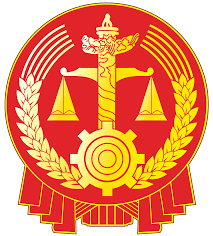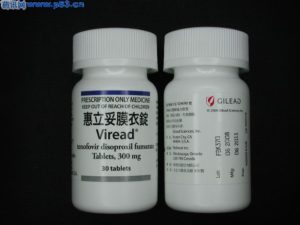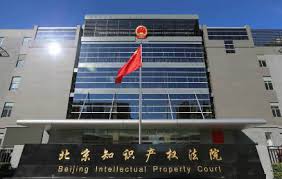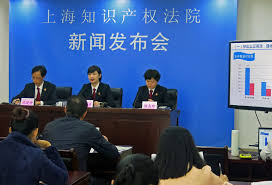On December 8, 2016, Chinese Supreme People’s Court ruled in Michael Jordan’s favor for his right in the Chinese version of his name “乔丹”, which was previously registered as a trademark by a Chinese company – Qiaodan Sports. However, the Court dismissed Jordan’s challenge to the Romanized version trademark, which is “Qiaodan”. The presiding justice is Vice-chief of the Supreme People’s Court, Tao Kaiyuan.
See http://www.court.gov.cn/zixun-zhuanti-aHR0cDovL3d3dy5jaGluYWNvdXJ0Lm9yZy9hcnRpY2xlL3N1YmplY3RkZXRhaWwvaWQvTXpBd05FZzNONEFCQUElM0QlM0Quc2h0bWw.html
